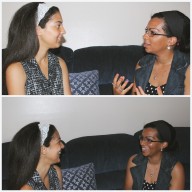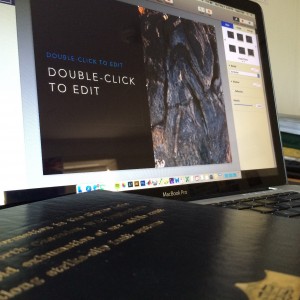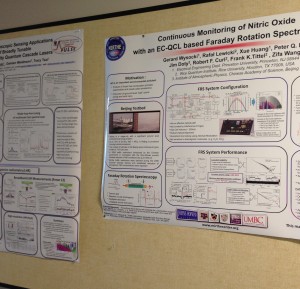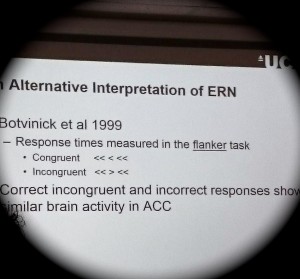As Princeton students, we all know that our classes offer many amazing opportunities for personal advancement, but we often do not recognize how certain classes can grant us opportunities to contribute to a greater community as well. I was fortunate enough to take such a class as early as my first semester at Princeton, when I enrolled in a Freshman Seminar entitled Philanthropy: Can we Save the World Through Generosity? The topic of this course—the work of foundations and nonprofits—was fascinating, and the method of learning was truly unique. In hopes of instilling a passion for philanthropy amongst Princeton students, a generous alumnus gave a grant of $50,000 to our class. He charged us with the responsibility of donating the grant to non-profits of our choice and learning about philanthropy through that process.
Continue reading Uncovering Research Opportunities with an Impact Beyond the Classroom









